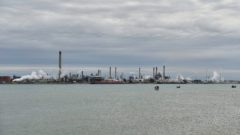Canada pushing to help the United States protect the Great Lakes
On Thursday night, Canada’s Ambassador to the U.S. hosted the Great Lakes Day Fireside Chat with discussion on creating a Canadian version of the Great Lakes Restoration Initiative and contributing more to the Great Lakes Fishery Commission. Read the full story WWTV-TV – Cadillac, MI.
Great Lakes Commission
https://www.glc.org/dailynews/20220304-canada

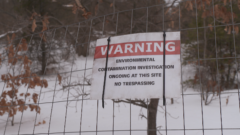


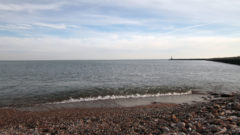
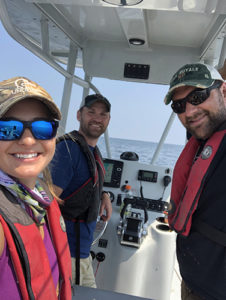

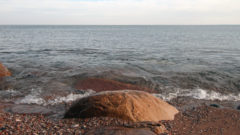
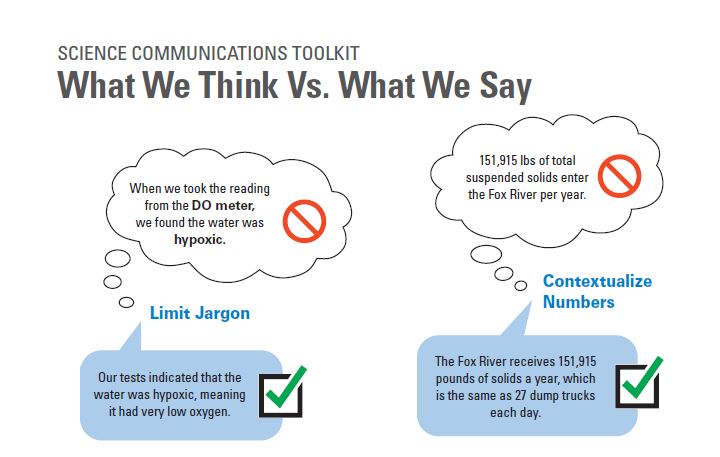
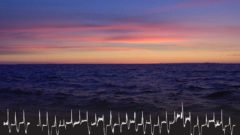
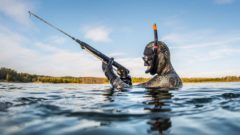
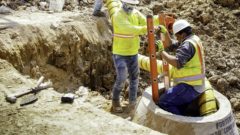
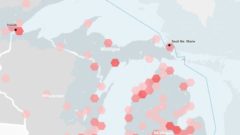
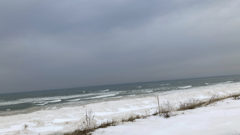
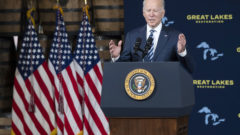
 A new website created for the Benton Harbor Community Water Council
A new website created for the Benton Harbor Community Water Council